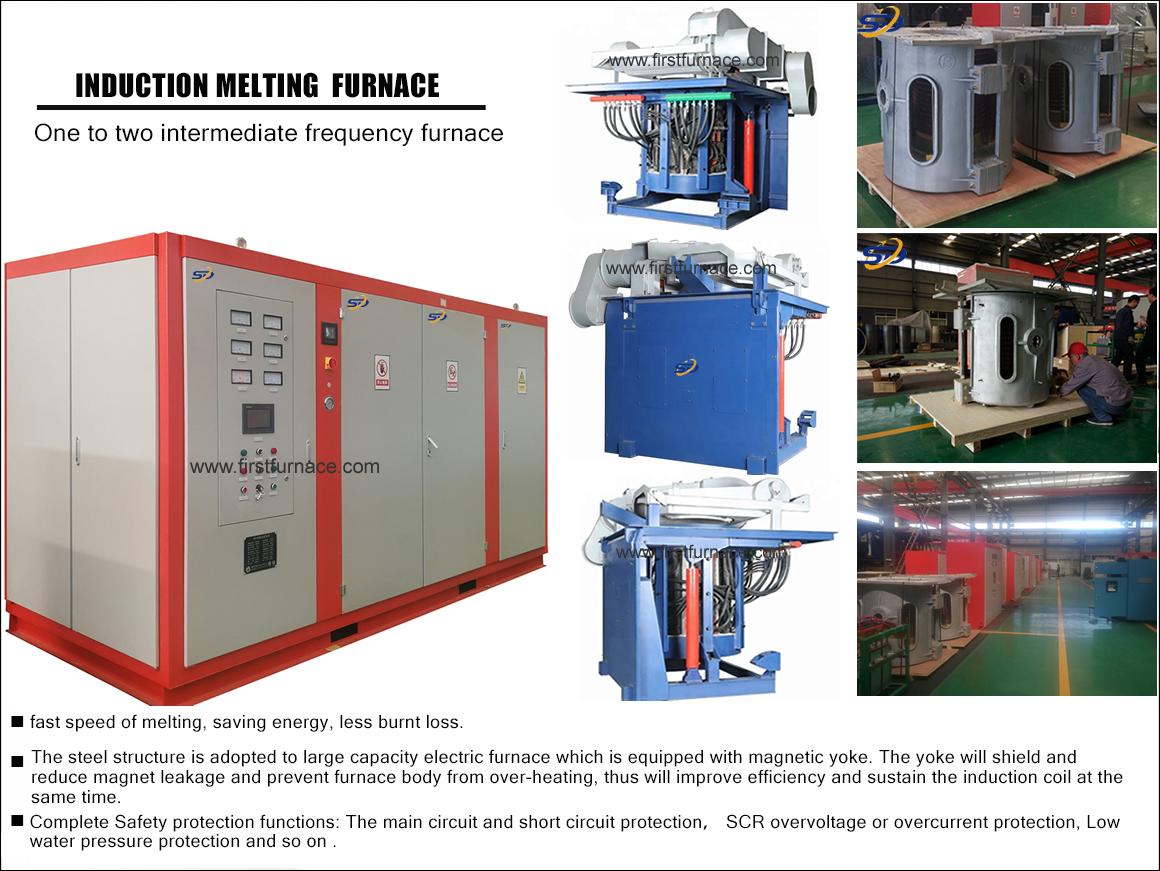Sales hot line ( 24 hours service):+86 13015583380
E-Mail: firstfurnace@gmail.com
whatsapp:+86 13015583380
Adress: Luoxin Industrial Park, Luoyang, HenanLarge diameter steel pipe quen
Piston rod quenching and tempe
Grinding rod quenching and tem
High frequency induction heate
Quenching equipment for machin
Round steel end heating furnac
Steel pipe heat treatment prod
Square steel quenching and tem
Sucker rod quenching and tempe
Thickened petroleum steel pipe
Round steel quenching and temp
Steel pipe quenching and tempe
Steel plate quenching and temp
Induction Hardening Machine&nb
Flywheel ring gear high freque
1, thyristor
SCR is the core component of induction melting furnace, and it is also one of the more expensive devices. Therefore, manufacturers who choose strong technical ability, strict process and complete testing means should choose the junction temperature test at 115 °C. The test results are issued, and the components are assembled and matched according to the test parameters.
2, induction melting furnace smoothing reactor
The smoothing reactor is very important for induction melting furnaces and it has two functions. First, the output current of the rectifier is made smooth and stable. Second, when the inverter thyristor is short-circuited, the growth rate of the short-circuit current and the maximum short-circuit current are limited. If the parameter design of the filter reactor is unreasonable, the core material is not good or the manufacturing process is not good, which will have a great impact on the operational reliability of the intermediate frequency power supply.
3, capacitor reactive power compensation device
The compensation capacitor cabinet is made of channel steel and angle steel, and is equipped with a safety net to make the overall structure firm and beautiful. The double-layer mica insulation technology is applied to the insulation treatment of the capacitor, even if water is accidentally sprayed on the capacitor. It can also guarantee the insulation strength of the cabinet.
The capacitor bank adopts large-section water-cooled copper bars, so that the working temperature of the copper bars does not exceed 45 °C to reduce the transmission loss of the parallel resonant circuit.
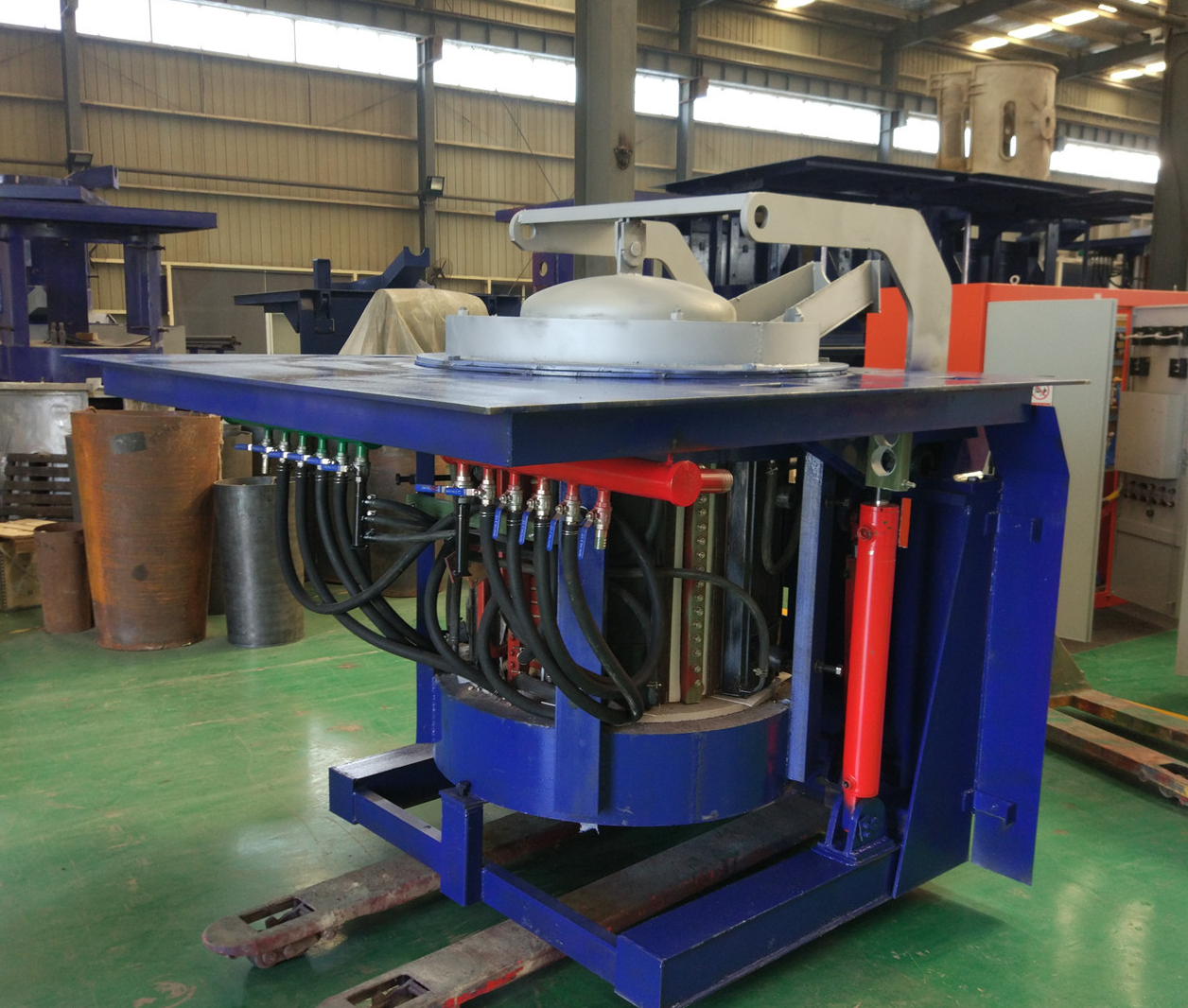
Iron induction furnace
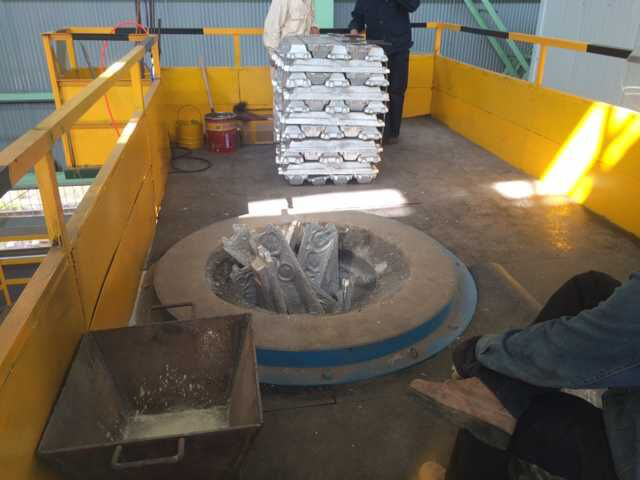
Aluminum melting furnace
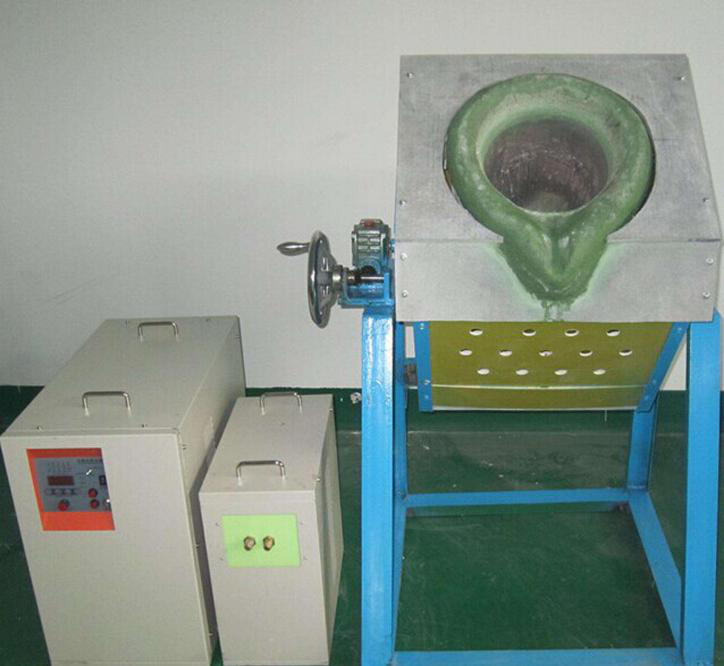
Copper melting furnace
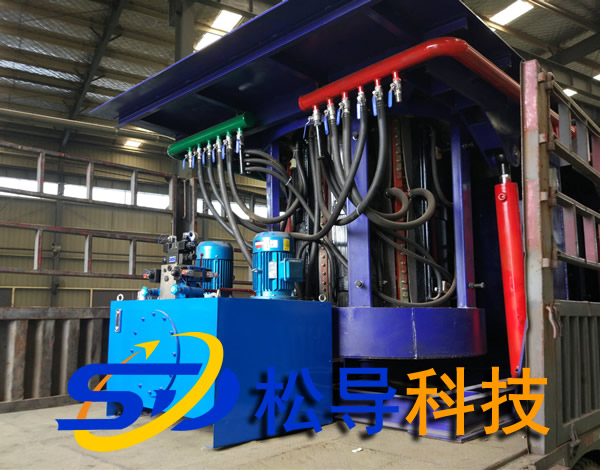
Small steel melting furnace
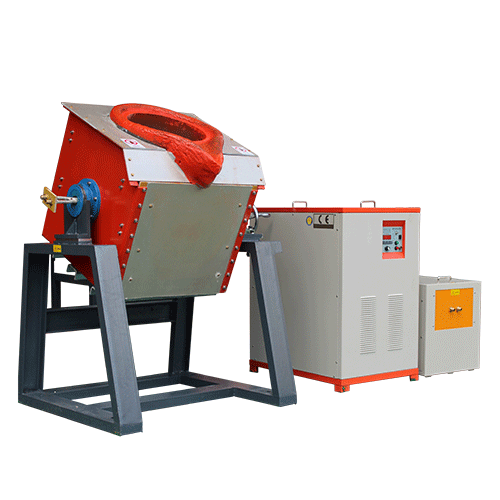
Small induction melting furnace
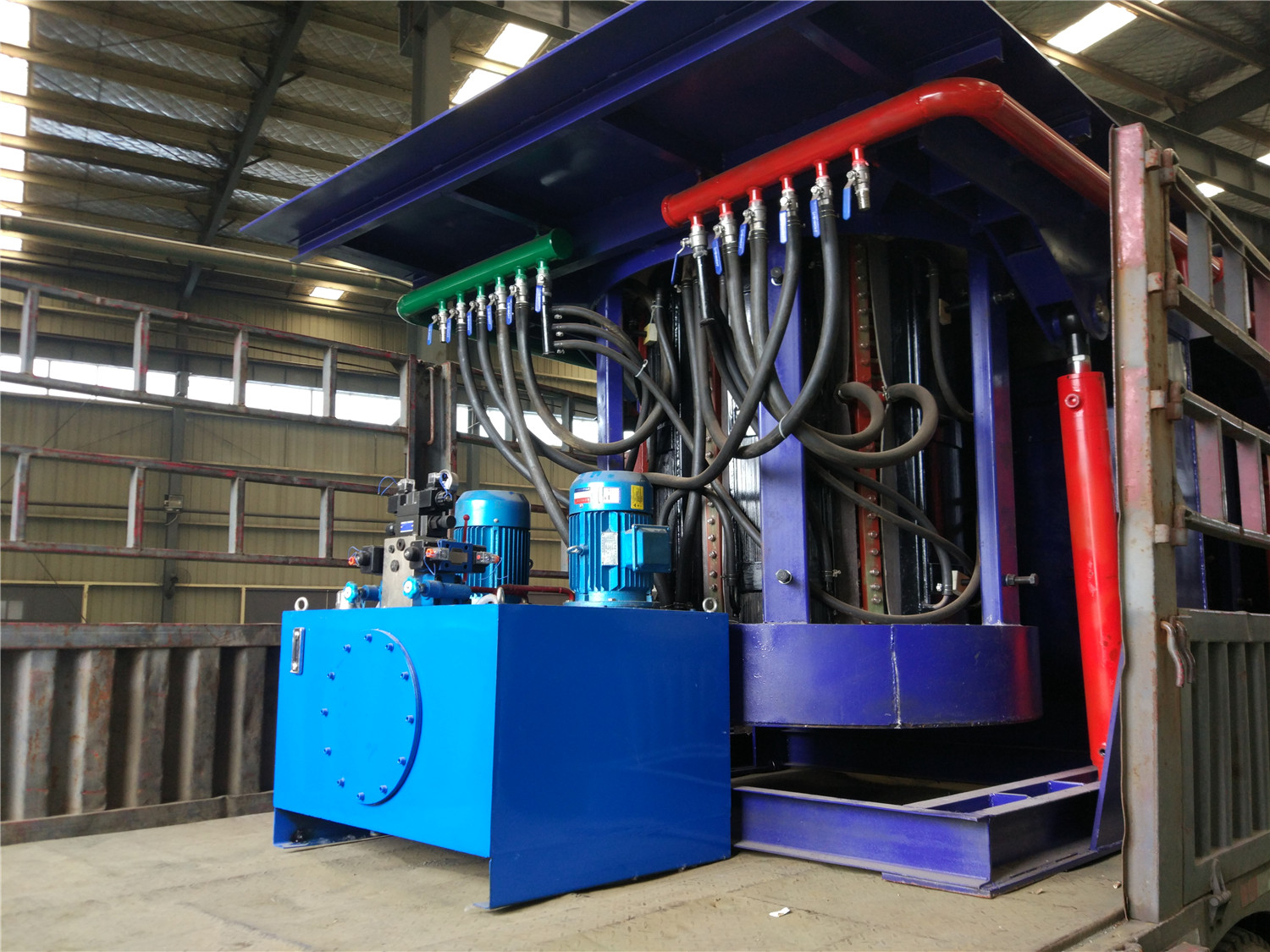
Induction iron furnace
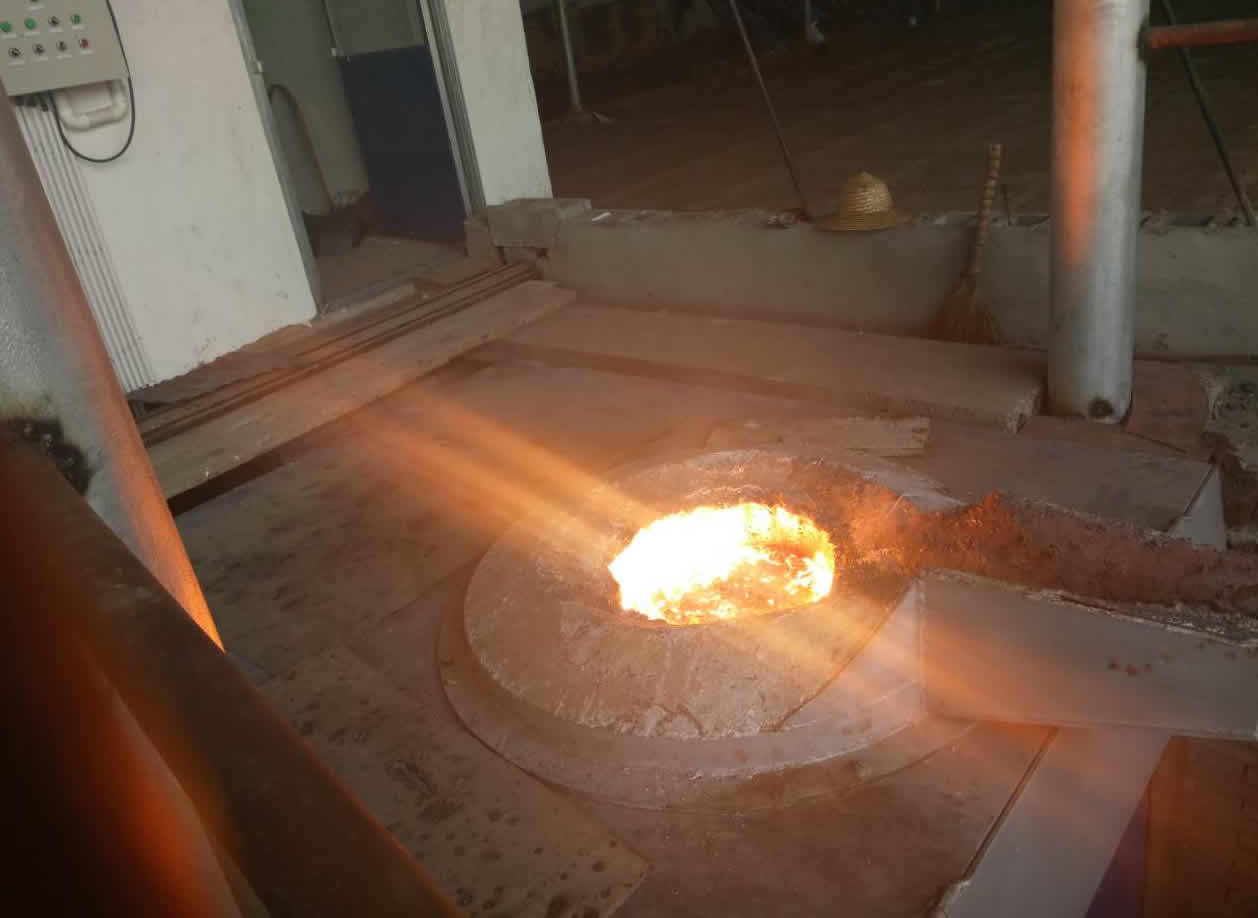
3T intermediate frequency iron melting f
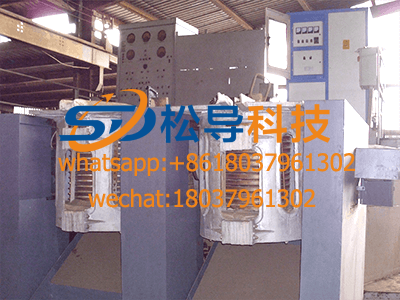
0.25T Intermediate Frequency Furnace
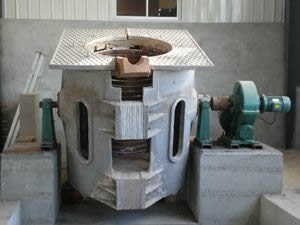
0.5T Intermediate Frequency Furnace
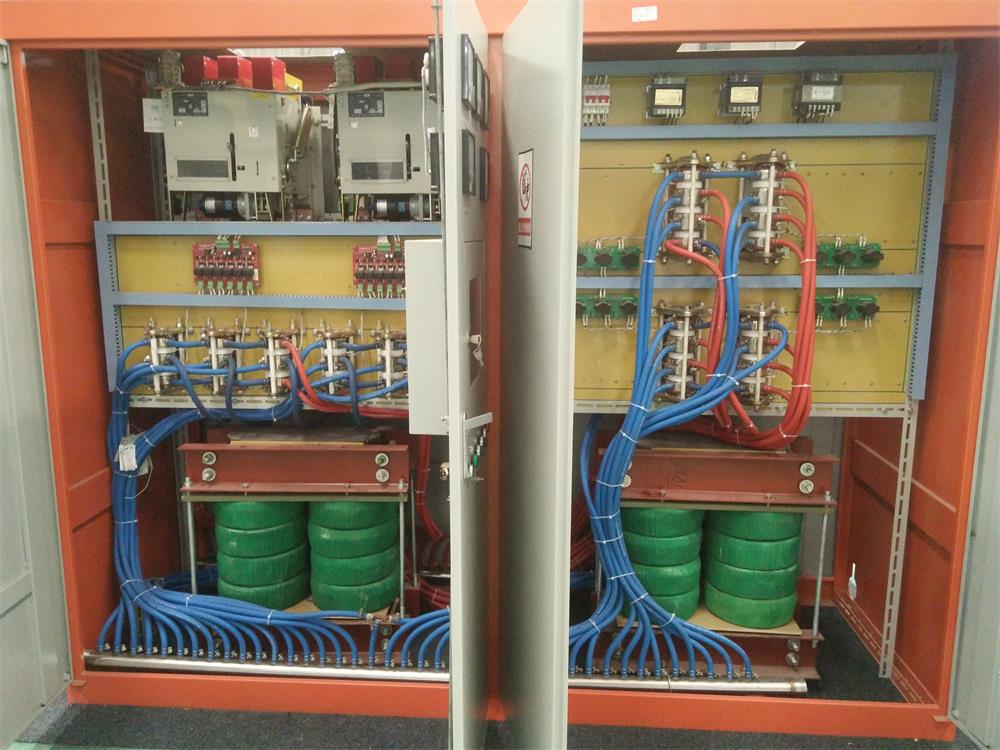
Medium Frequency Furnace

2T Induction Melting Furnace
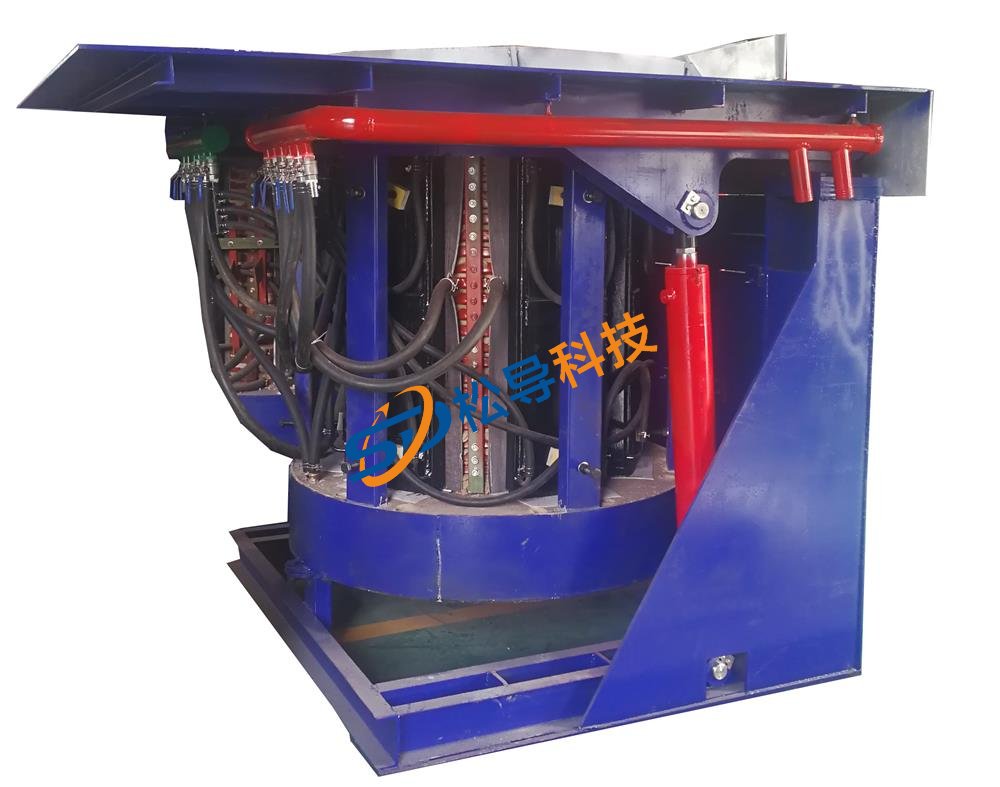
1T Induction Melting Furnace
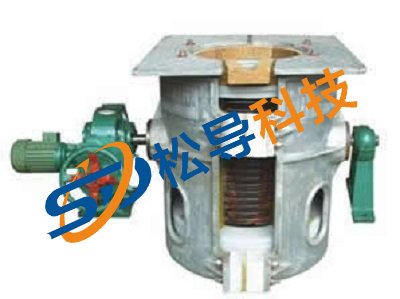
500kg Induction Melting Furnace
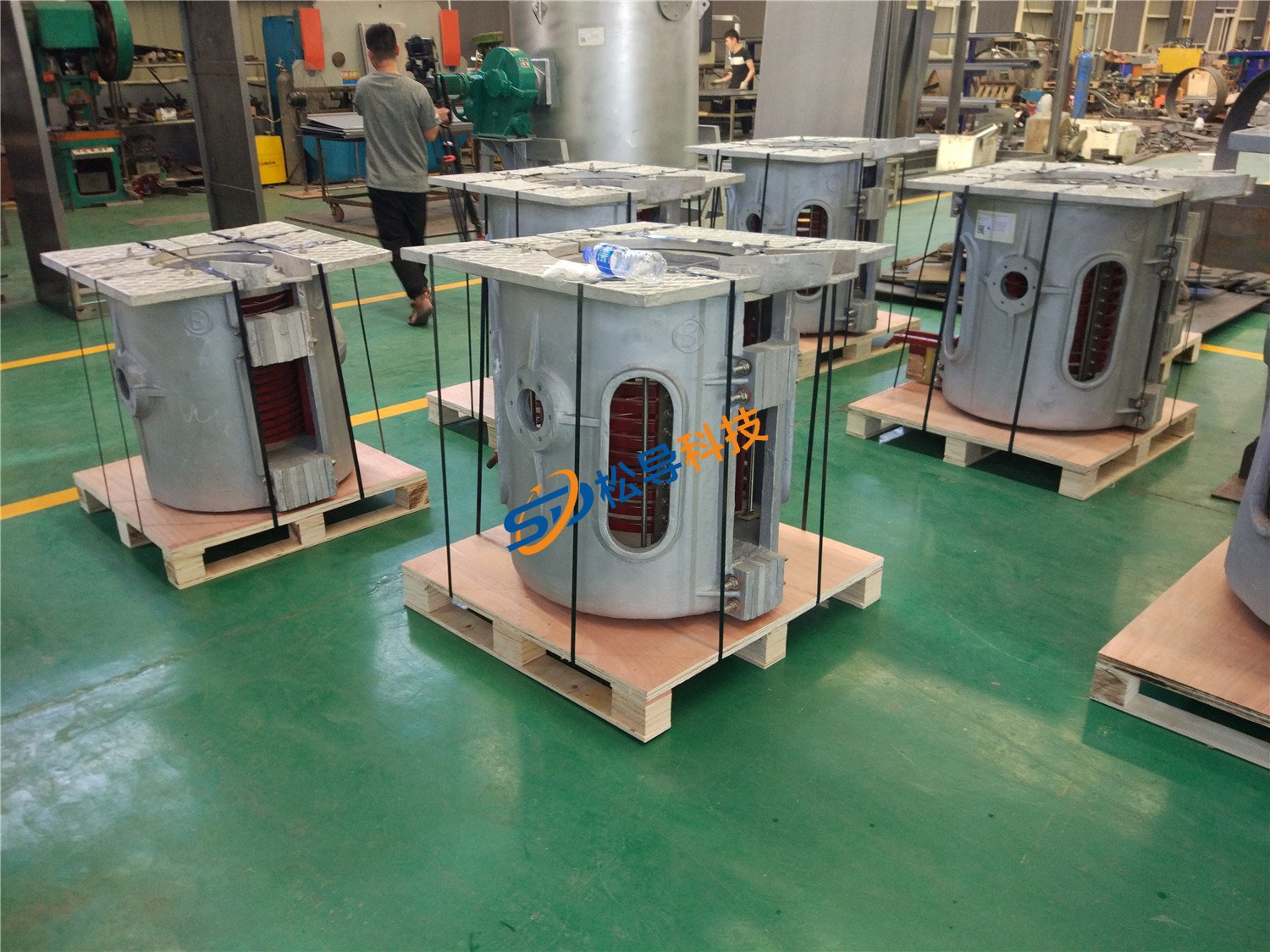
250kg Induction Melting Furnace
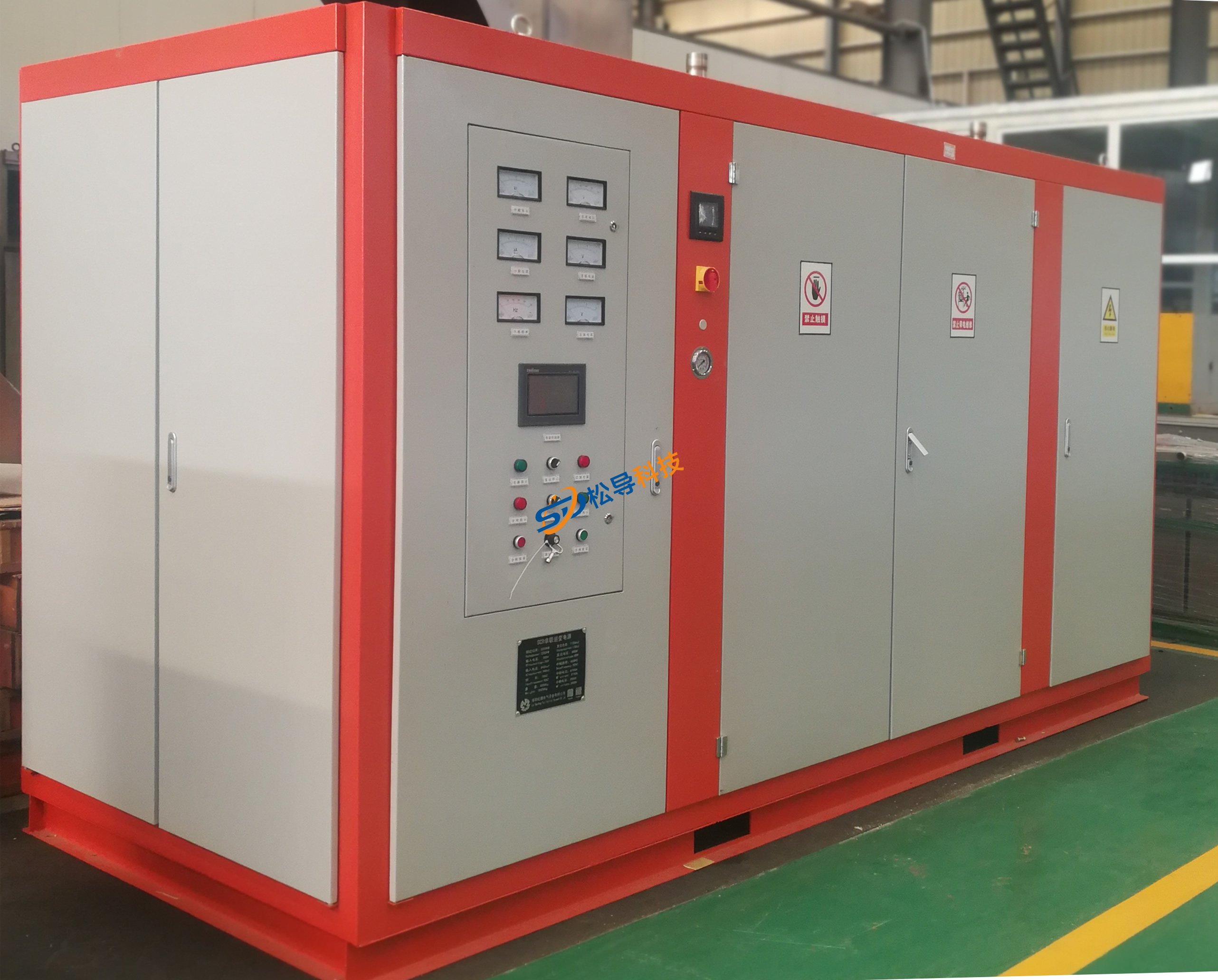
Induction Melting Furnace
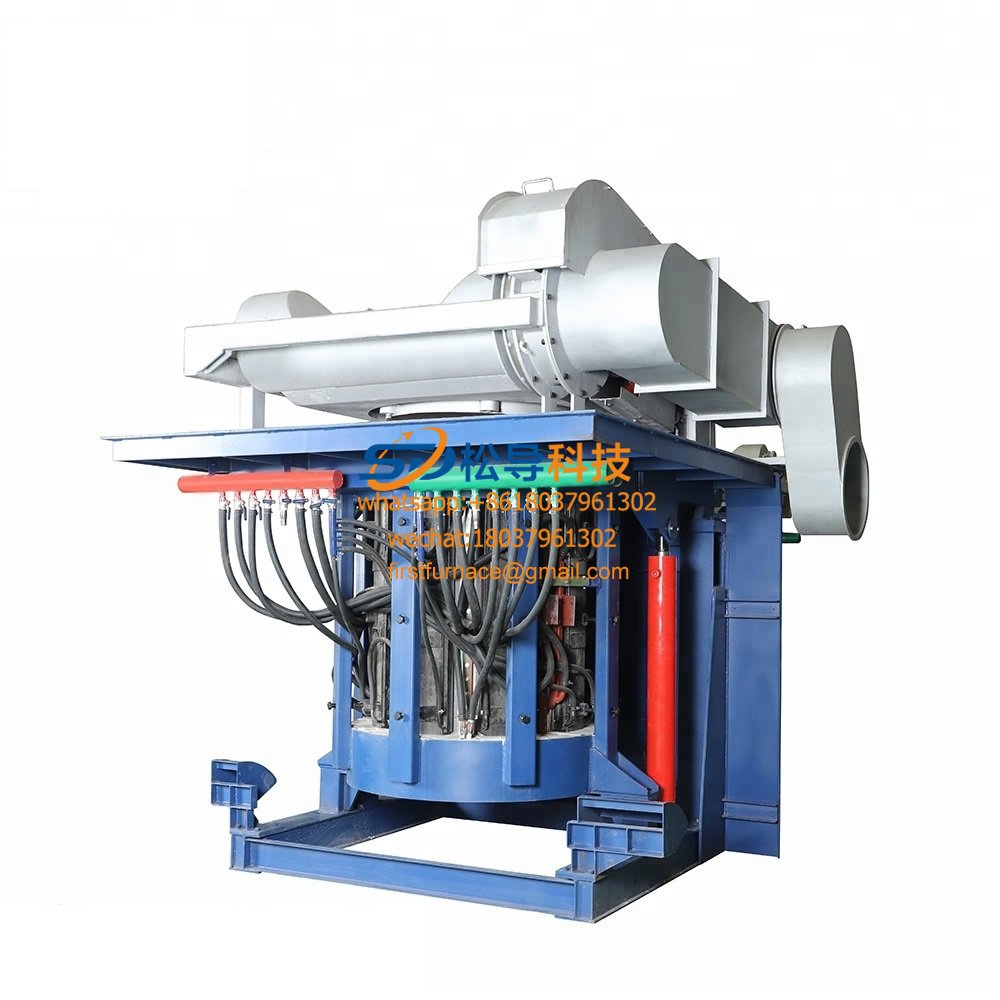
3 T Induction Melting Furnace
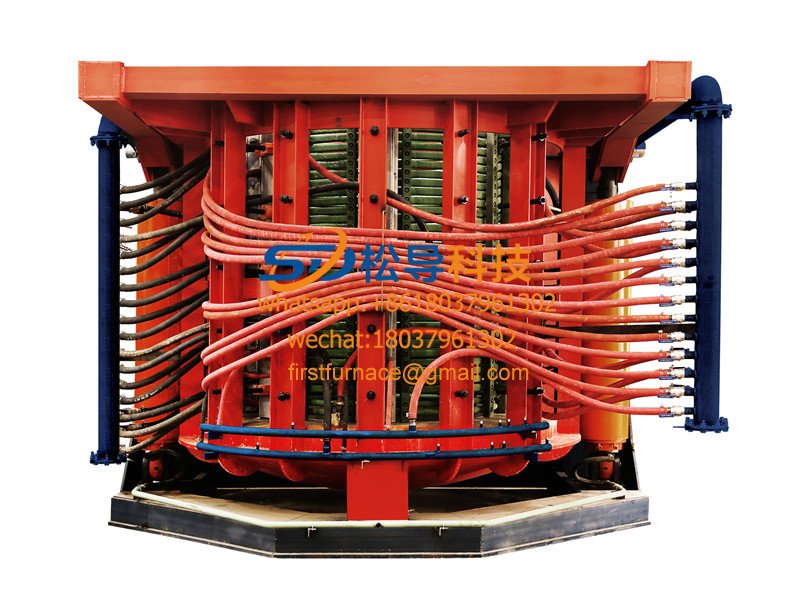
5T Induction Melting Furnace
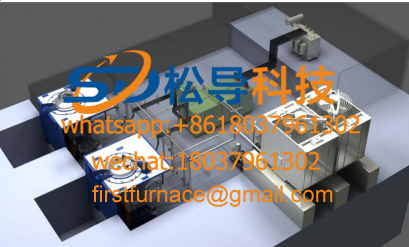
1T One Belt Two Intermediate Frequency F

5T One Belt Two Intermediate Frequency F
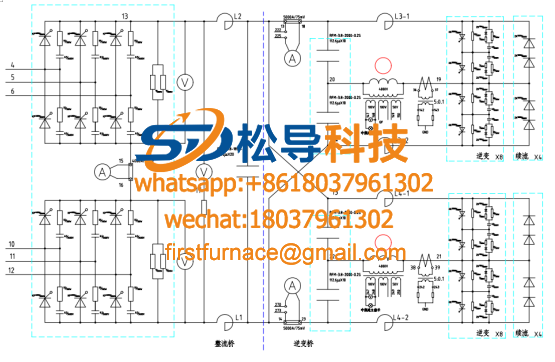
3T One Belt Two Intermediate Frequency F
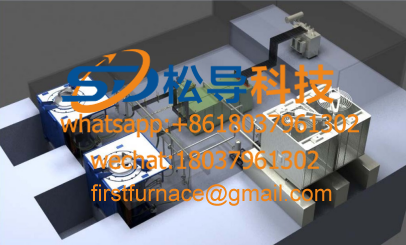
2T One Belt Two Intermediate Frequency F
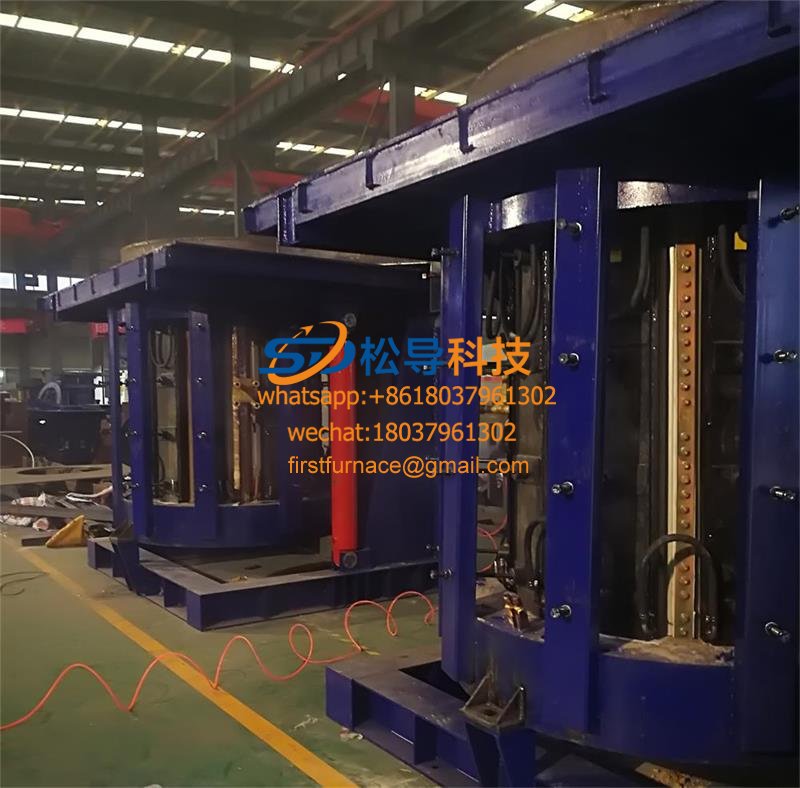
5T Parallel Intermediate Frequency Furna
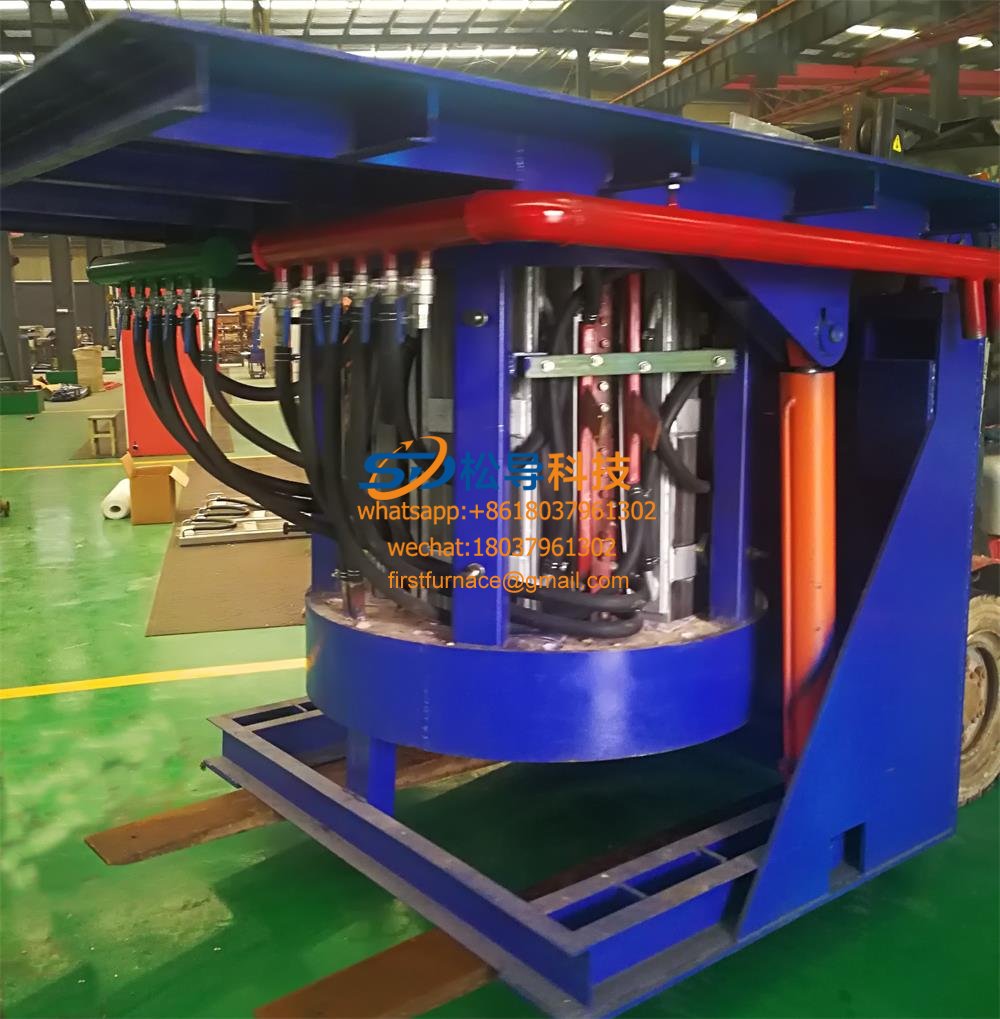
5T Intermediate Frequency Furnace

5T Series Intermediate Frequency Furnace
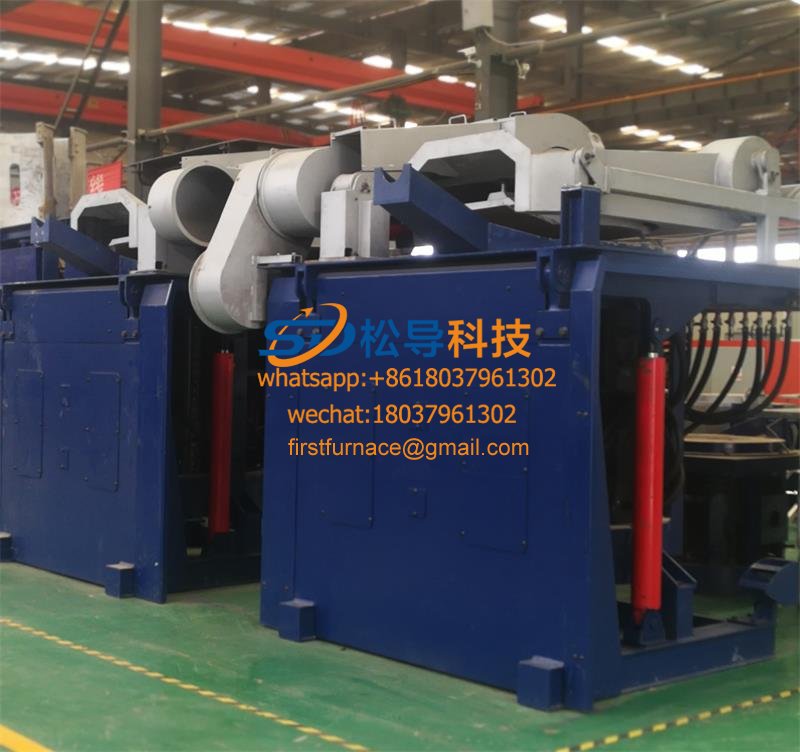
3T Series Intermediate Frequency Furnace
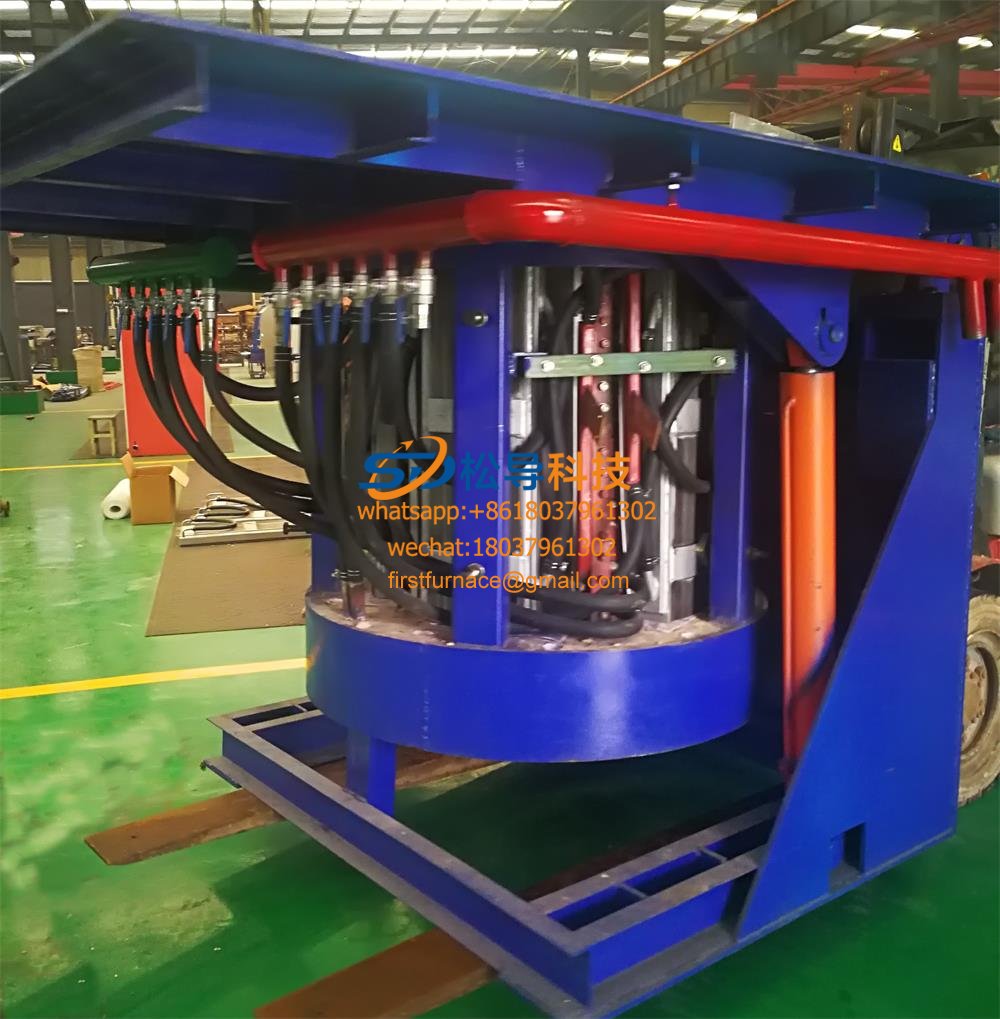
2T Series Intermediate Frequency Furnace
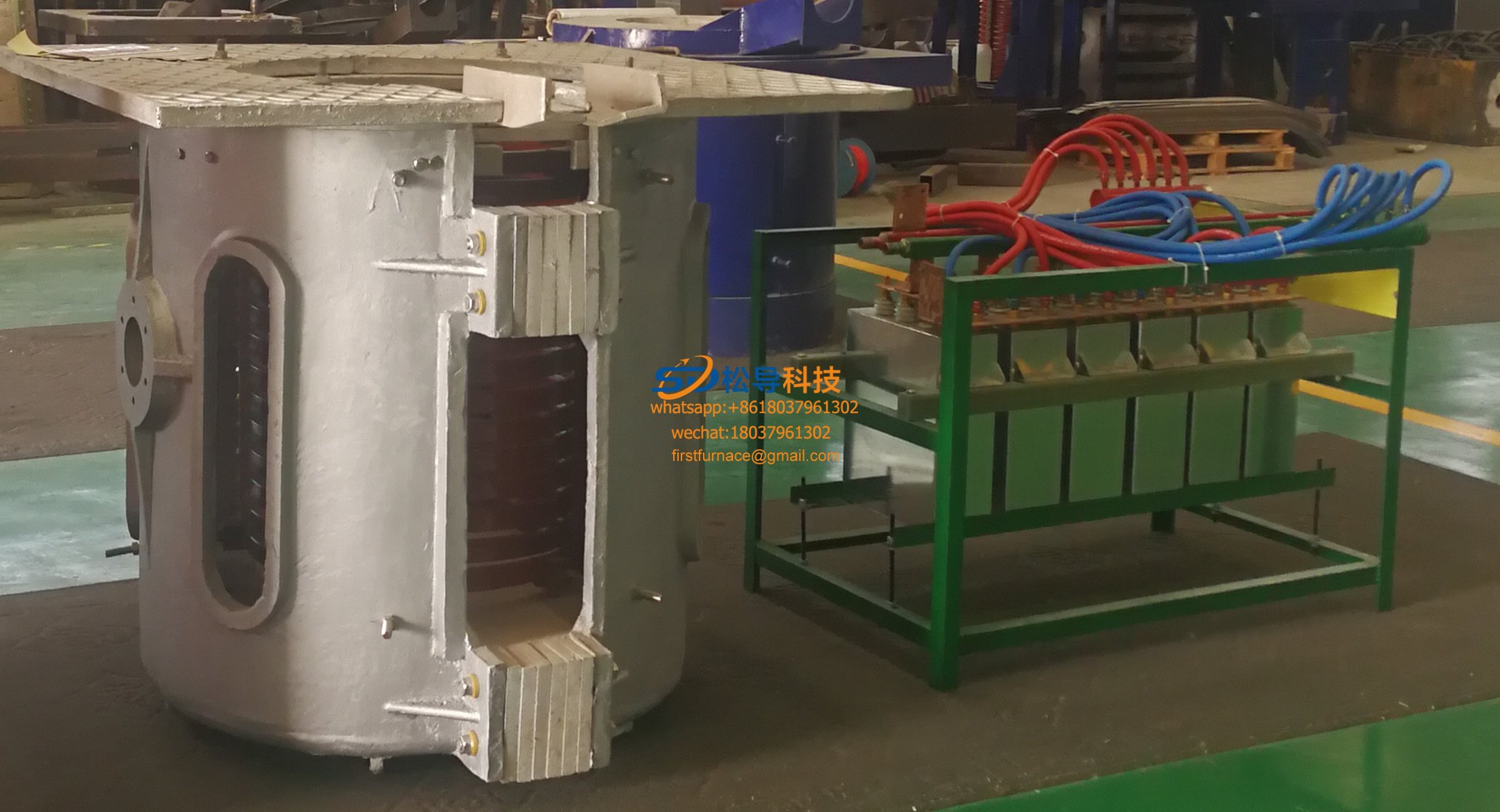
1T Series Intermediate Frequency Furnace
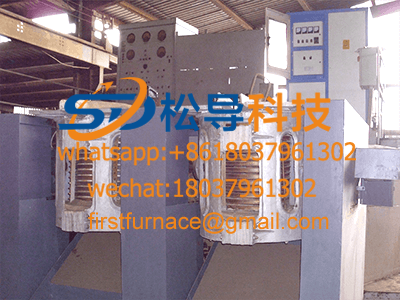
0.5T Series Intermediate Frequency Furna

0.25T Series Intermediate Frequency Furn
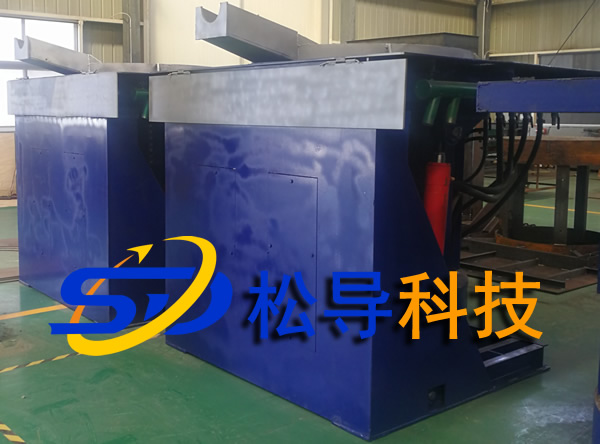
1T Parallel Intermediate Frequency Furna
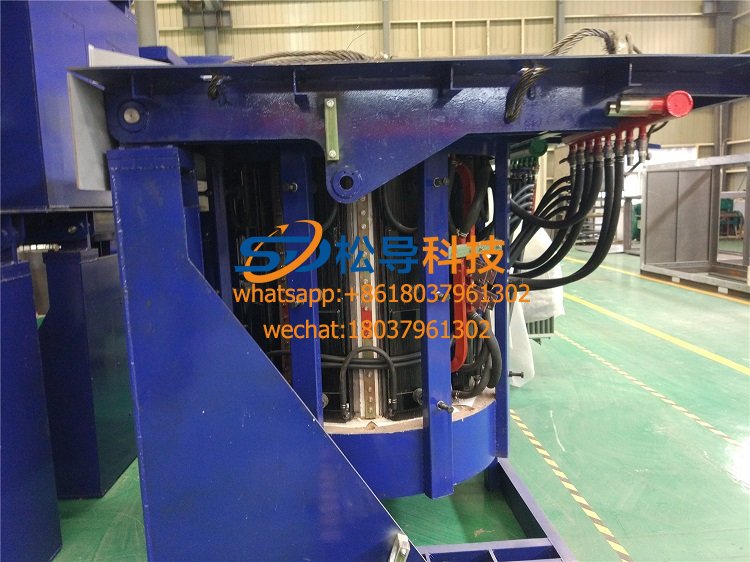
2T Parallel Intermediate Frequency Furna
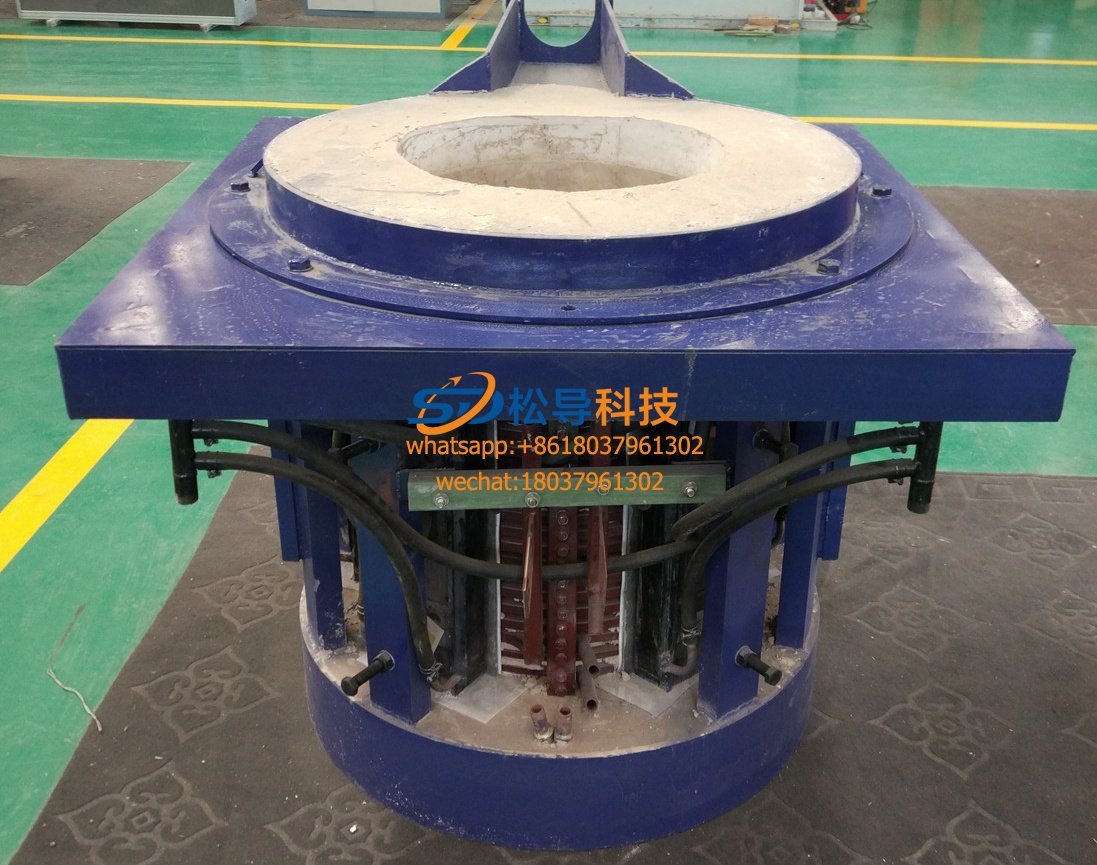
0.5T Parallel Intermediate Frequency Fur






